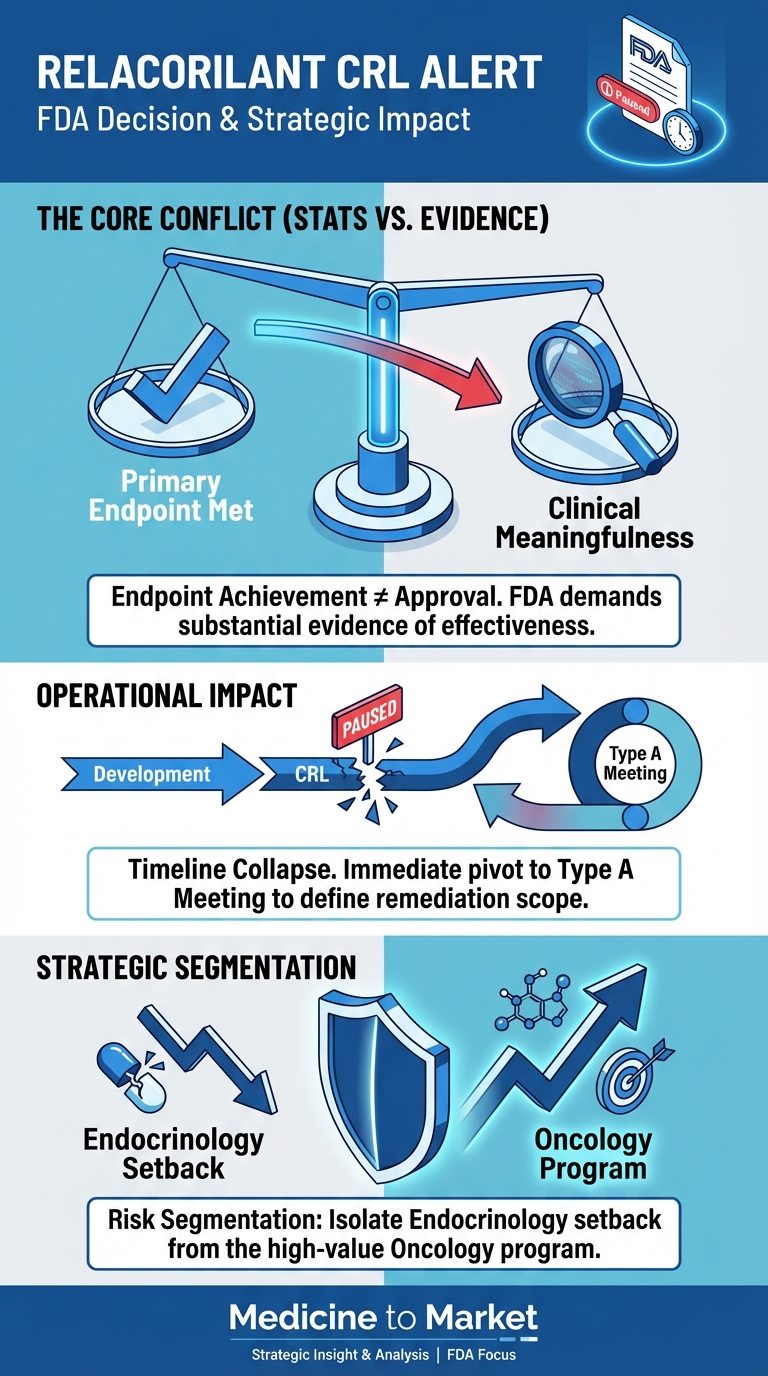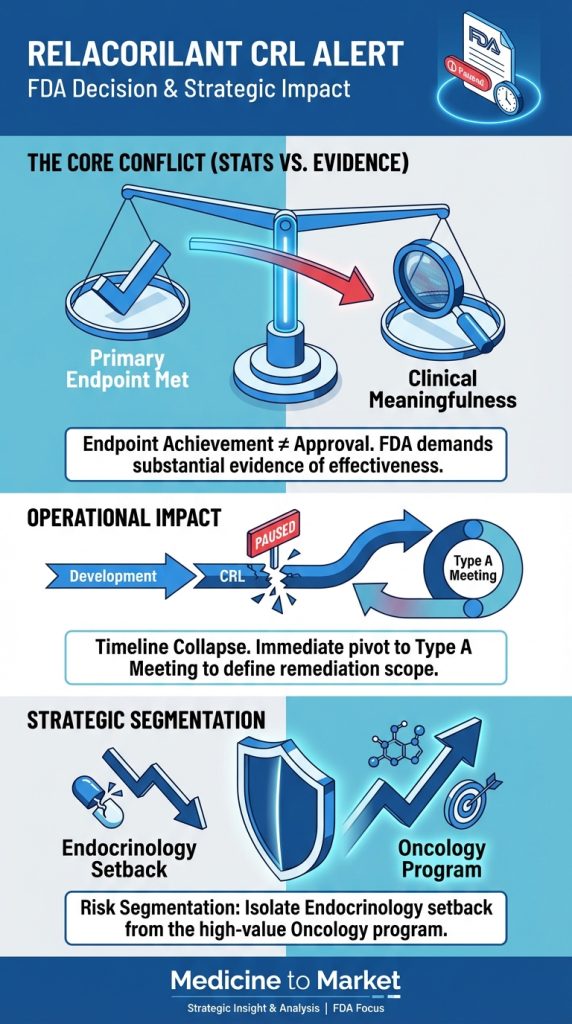Keytruda, a breakthrough immunotherapy developed by Merck, has been a game-changer in the realm of lung cancer treatments since its initial approval.
With the advent of a new injectable formulation, Merck has recently unveiled promising Phase 3 clinical trial results that point to its efficacy mirroring that of the established intravenous version.
Set to enhance the patient experience significantly, this development is currently under scrutiny by the FDA, with a decision expected this autumn.
In this article, we will delve into the specifics of Keytruda, its groundbreaking role in lung cancer therapy, and the potential benefits of the upcoming injectable version for patients across the globe.

Key Takeaways
- Merck’s injectable Keytruda shows comparable effectiveness to its intravenous version for lung cancer treatment.
- The new formulation aims to enhance convenience and improve the overall patient experience.
- FDA approval for the injectable Keytruda is expected in the upcoming autumn, potentially expanding treatment options.
Overview of Keytruda and Its Role in Lung Cancer Treatment
Keytruda, scientifically known as pembrolizumab, is a monoclonal antibody developed by Merck that plays a pivotal role in immunotherapy for various cancers, particularly lung cancer.
It works by blocking the PD-1 pathway, enabling the immune system to better recognize and eliminate cancer cells.
Recent Phase 3 clinical trials revealed promising results for an injectable formulation of Keytruda, demonstrating comparable efficacy to the traditional intravenous version.
This advancement could significantly enhance patient convenience, allowing for easier self-administration and potentially reducing time spent in clinical settings.
As Merck awaits approval from the FDA, expected in the autumn, patients and healthcare providers alike are optimistic about this innovative delivery method that aims to broaden treatment accessibility and improve overall patient experience.
With both versions of Keytruda available, the landscape of lung cancer treatment could soon offer more versatile options tailored to individual needs.
Implications of Injectable Keytruda on Patient Care and Treatment Options
The introduction of an injectable formulation of Keytruda marks a significant shift in lung cancer treatment protocols, particularly in enhancing patient care.
This new delivery method not only promises to make treatment more accessible but also aligns with the growing trend towards convenience in healthcare.
Patients no longer need to spend long hours in infusion centers, which can be exhausting and cumbersome.
Instead, they may have the option to receive their treatment in a more comfortable setting—possibly at home—allowing for greater flexibility and improving quality of life.
Furthermore, the injectable version could lead to better adherence to treatment regimens, as patients may find it easier to manage their care.
As the FDA considers the approval of this innovative option, healthcare professionals are eager to see how it can improve treatment personalization and overall outcomes for patients battling cancer.















